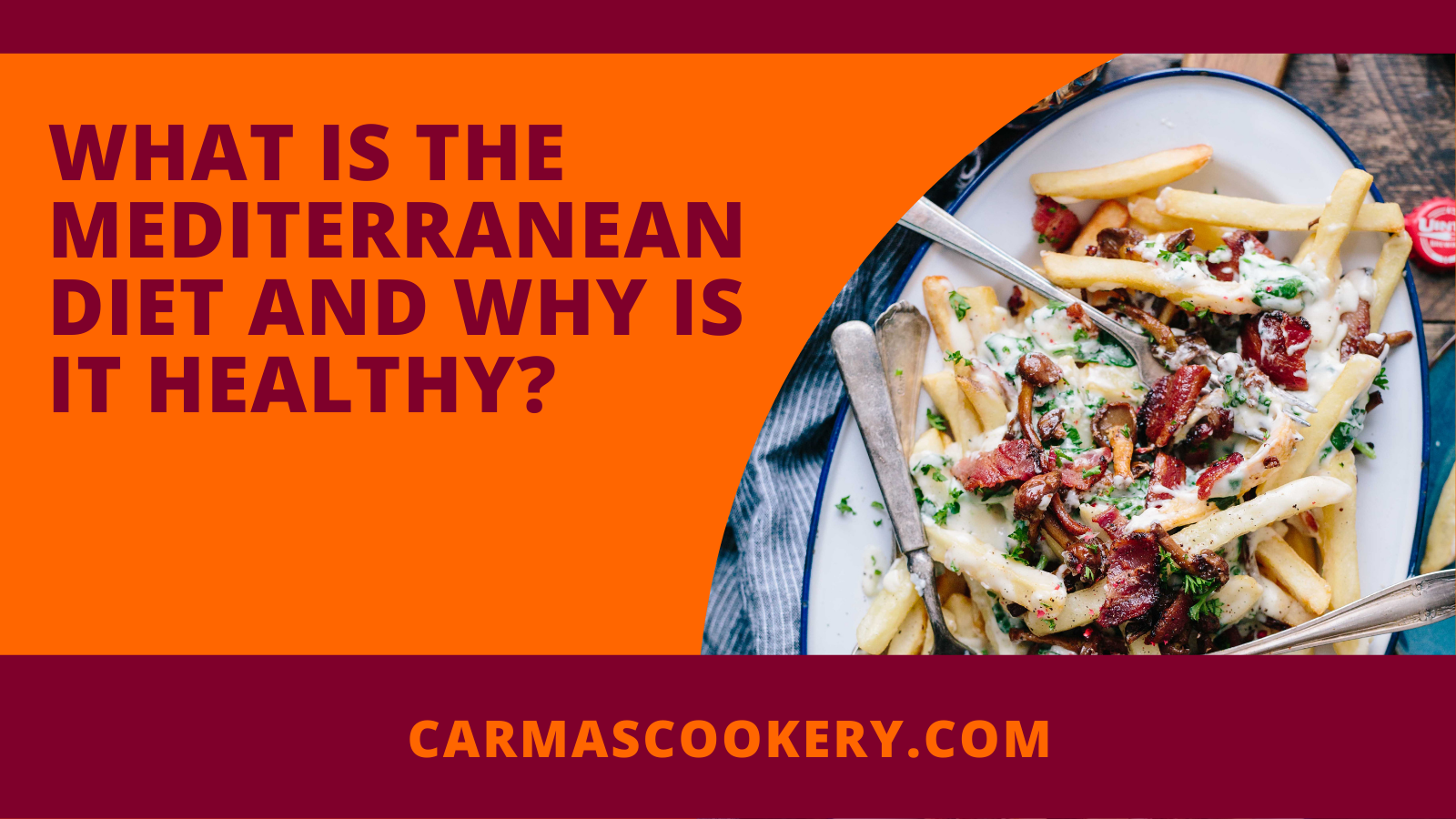The Mediterranean diet is a style of eating that follows the contours of the geography and climate of a specific region. The area encompassed by this nutritional plan includes southern Europe, northern Africa, and western Asia. A balanced diet with plenty of plant-based foods, including vegetables, whole grains, legumes (beans), fruit and nuts; fish and poultry in place of red meat; along with healthy fats from olives and olive oil make up most Mediterranean dishes.

A pioneering researcher into disease prevention through diet has compared following a Mediterranean-style eating pattern to taking a daily low dose aspirin tablet. Ancel Keys, PhD – known as the “father” of the now popular eating strategy – found that people who ate a typical variety of foods common to the Mediterranean diet had a much lower risk of dying from heart disease.
What You Eat Matters
As reported recently in the journal Circulation, Dr. Ruth Fretts, an associate physician at Brigham and Women’s Hospital in Boston, has discovered that eating like the Mediterraneans also helps to reduce stroke risk. “What was most surprising was that we were able to demonstrate these benefits even among people who did not achieve the target amounts of fish or plant foods consumed within this population,” she says.
According to Fretts, this is important because it shows what you eat matters more than how much you eat (the two components often both assessed together). Also, people can make changes throughout their whole lives rather than having to radically alter their diet immediately.
Decrease Chances of Developing Diseases with the Mediterranean Diet
The Mediterranean diet is the only dietary pattern that has been proven to help decrease the chances of developing chronic diseases and even treat existing conditions such as heart disease, high blood pressure and type II diabetes.
A commonly cited mantra is: “Eat food. Not too much. Mostly plants.” While it’s true that following a Mediterranean-style eating plan doesn’t mean subsisting on pasta alone, pasta dishes often do play a starring role in this balanced nutritional approach.
Mediterranean Diets Use Fresh Ingredients
At its core, this approach uses ingredients that are fresh and minimally processed, cooks meals from scratch using healthy preparation techniques such as grilling or poaching, and limits or eliminates processed foods, especially those with trans-fats.
Since the Mediterranean diet is based on ingredients readily available in supermarkets rather than difficult-to-obtain specialty fare, it’s an easy way to improve your eating habits. You may find that you already follow many of the same practices without even realizing it. Try this egg waffle recipe to see how easy it is!
Avoid Sugar
For example, if you avoid sugar and refined grains, then you’re well on your way to following a Mediterranean-style menu. The main steps towards adding this nutritious style of eating into your weekly routine are choosing healthy oils; increasing produce; including plenty of fish and poultry; using herbs instead of salt to flavor foods; and using red wine in moderation.
Recommended amounts for a healthy Mediterranean-style diet include:
- 2 1/2 cups of vegetables per day
- 1 whole fresh fruit per day
- 2 servings of whole grains per day
- 4 ounces of lean sources of protein (legumes, fish or poultry)
- 3 servings of healthy fats based on a 2000 calorie diet.
Olive Oil Paradox
In fact, the ” olive oil paradox” shows that despite high fat content, people who eat a Mediterranean-style diet tend to be healthier than those who don’t even though they typically have lower body weights.
This highlights the importance not only of what you eat but how much you eat since excess calories from any food source can lead to weight gain. In this case, the apparent contradiction is resolved since most people who use olive oil for cooking typically use far less than those who cook with butter or animal fat, even though the latter have lower calorie content per tablespoon.
Although it’s considered a high-fat diet, it’s actually moderate in protein which also helps keep blood sugar levels steady, promotes better heart health and makes you feel full longer. The recommended amount of protein is about half a gram per pound of body weight per day (or 15% of daily calories). That means that if you weigh 150 pounds, this would translate into 75 grams of protein.
You can get this amount by eating 8 ounces of fish, poultry or legumes at each of your 3 main meals. You’d also take in about 30 grams of protein if you ate a five-ounce piece of meat and a cup of cooked legumes – such as lentils, black beans or garbanzos – at dinner.
In Closing
Of course, it’s not always possible to eat a perfect diet every day. The key is simply to fit these extras into your daily calorie budget rather than allowing them to derail your efforts altogether.

